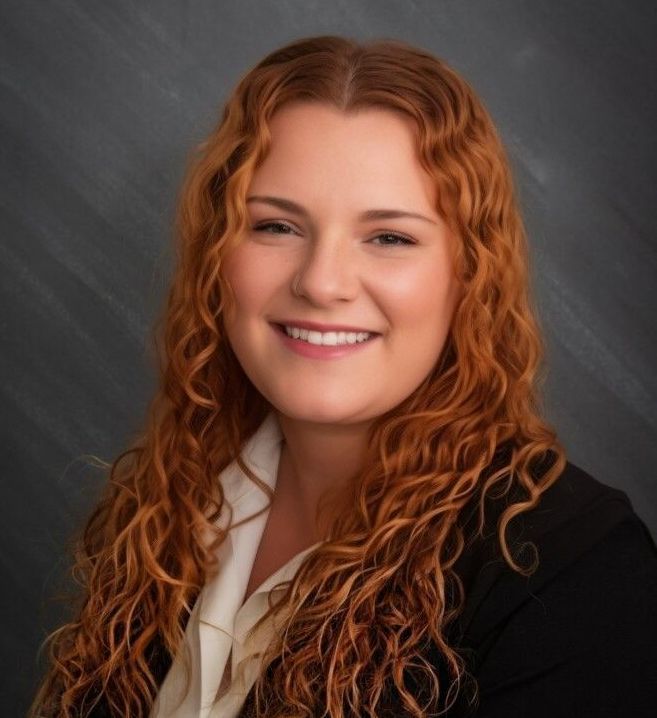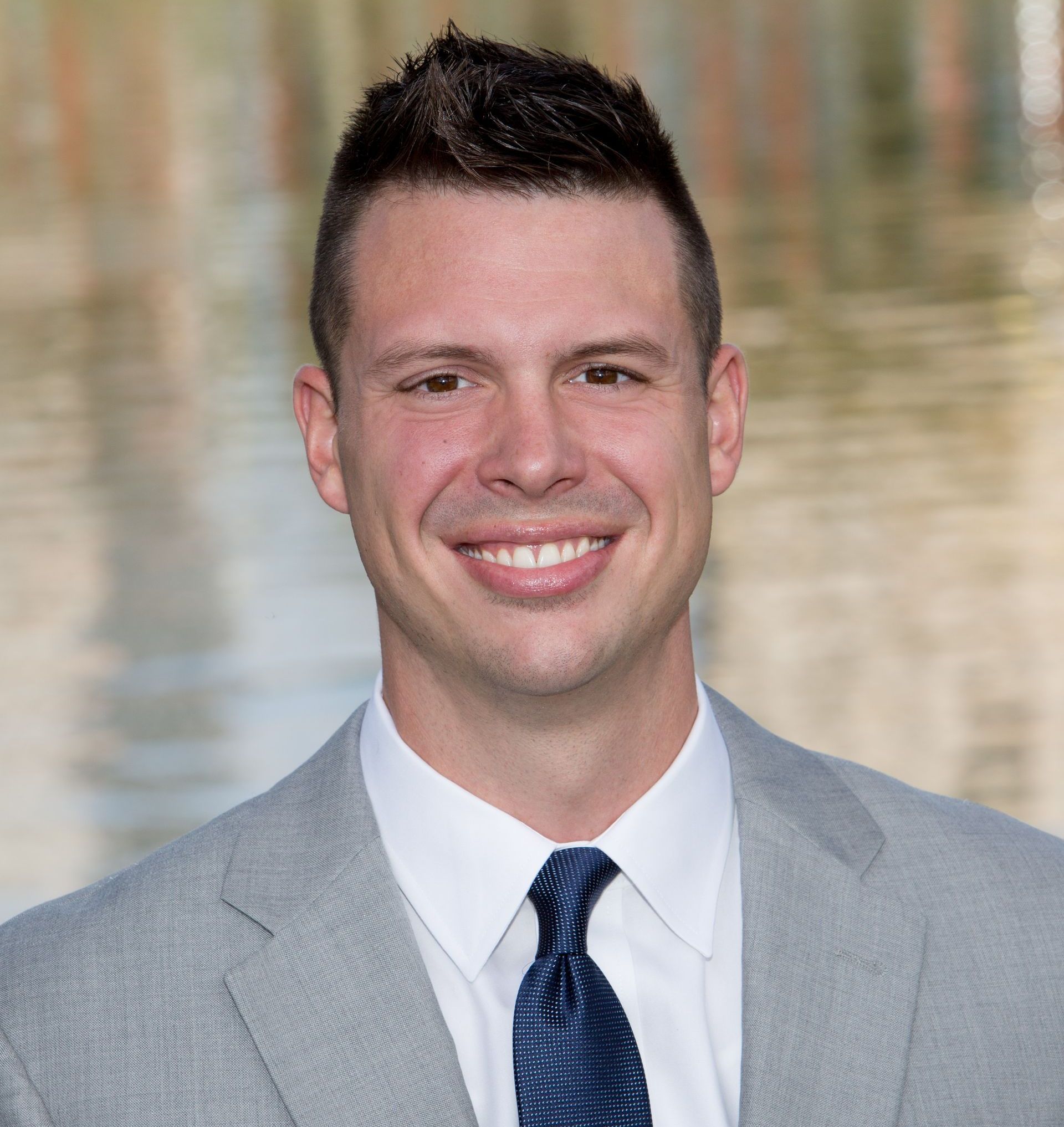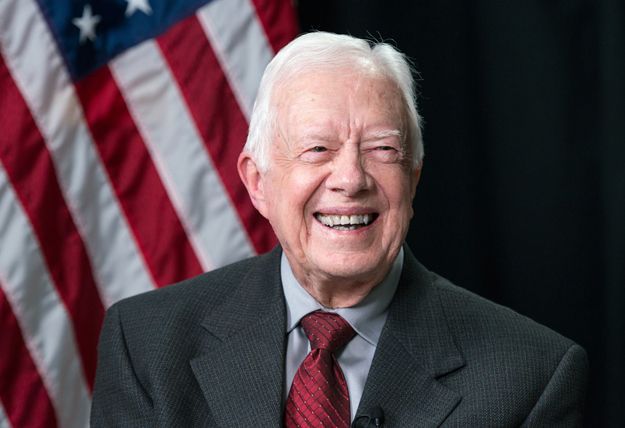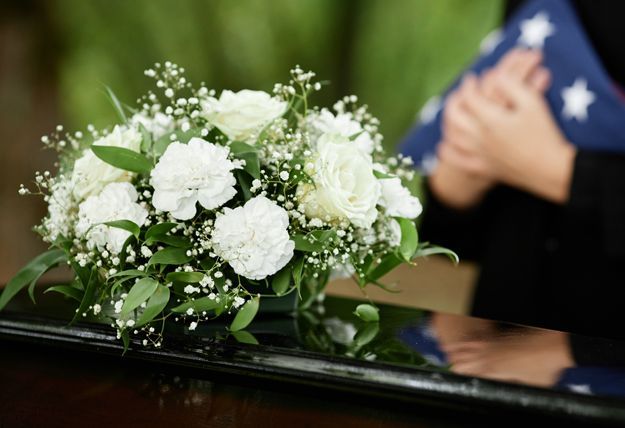AVAILABLE 24/7
CALL TODAY | 717-774-7721 | AVAILABLE 24/7
The Life Of A Funeral Director’s Wife
I knew what I signed up for when I married Gib over 30 years ago. My mother-in-law did forewarn me, but I just didn’t realize how much help we’d need along the way to manage the demands of raising a family given the unpredictable schedule of a funeral director. We always appreciate the flexibility and understanding our friends and family have shown us over the years.
Quite a few years have passed since Gib and I needed to be in what seemed like fourteen places at once. When our children were younger and playing multiple sports, participating in various other social and school-related activities, along with our own memberships and responsibilities within our community, I can remember how exhausted we were trying to be everywhere. Gib’s unorthodox work schedule often played a role in complicating matters.
When Gib wasn’t on call, things generally ran smoothly but when he was on call, or already had services scheduled, life became challenging. Being on call meant that he could get a call any hour of the day or night requiring that he drop what he was doing and attend to a family in need. Because Gib and I grew up in this area, we were blessed to be surrounded by many lifelong friends and a large extended family. These “backup options” were invaluable when our crazy schedules just wouldn’t allow us to do it all – honestly, there’s no way we could have given our children every opportunity if it weren’t for our amazing friends, family and neighbors.
In addition to these reliable outlets, we had the opportunity to meet many new people along our boys’ sports careers. Many times, our “Plan B” was to contact those parents to coordinate transportation, provide meals certain nights, wash uniforms when necessary, etc. It is very clear to us, that without the help of these family members and friends, we would have had to ask our boys to make some hard choices.
Equally important was the fact that my husband’s co-workers were also his siblings and parents. Luckily, being at events with your spouse and/or children was a priority shared by the entire family, so there were many concessions made over the years to switch and cover for each other. As a result, very few weddings, birthdays and other celebrations were missed.
Even now, Gib and I still travel separately to events when he is on call, so that I can stay in case he has to leave. Friends and family have adapted well to our quirky schedule and have come to know that on certain nights and weekends, our response to an invitation will likely sound something like this: “Gib is on call, but we will be there if we can.” We have also found it’s easier if we host events and celebrations at our home, so Gib can easily slip out if necessary. As our son, Gibby, transitions into this profession, we look forward to assisting him with his personal and family demands when these inevitable occasions arise.



Find Us On Social Media
© Parthemore Funeral Home & Cremation Services, Inc. All Rights Reserved. Admin Login
© Parthemore Funeral Home & Cremation Services, Inc. All Rights Reserved. Admin Login








